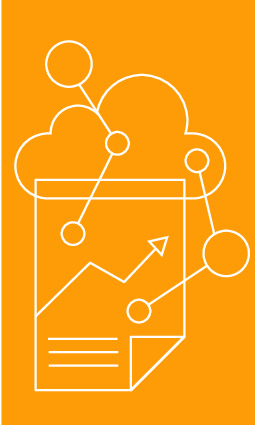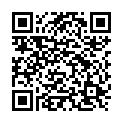|
|
|
| Module code: MAMS-210 |
|
|
4F (4 hours per week) |
|
6 |
| Semester: 2 |
| Mandatory course: yes |
Language of instruction:
German |
Assessment:
Written exam (90 minutes / can be repeated semesterly) and term paper with presentation (can be repeated annually)
[updated 20.11.2019]
|
DFMM-MAMS-210 Management Sciences, Master, ASPO 01.10.2019
, semester 1, optional course
MAMS-210 (P420-0011, P420-0012, P620-0128) Marketing Science, Master, ASPO 01.04.2016
, semester 2, mandatory course
|
60 class hours (= 45 clock hours) over a 15-week period.
The total student study time is 180 hours (equivalent to 6 ECTS credits).
There are therefore 135 hours available for class preparation and follow-up work and exam preparation.
|
Recommended prerequisites (modules):
None.
|
Recommended as prerequisite for:
|
Module coordinator:
Prof. Dr. Tatjana König |
Lecturer:
Prof. Dr. Tatjana König
[updated 02.02.2016]
|
Learning outcomes:
After successfully completing this module students will:
_ be able to evaluate different cultural studies with regard to their theoretical foundation, empirical basis, as well as their implementation relevance for an internationally active company.
_
be able to present the influencing factors on purchasing behavior in a structured form and transfer them to an international context.
_
be able to evaluate the approaches to market segmentation (national and international) based on the corresponding evaluation criteria and explain the dilemma of market segmentation.
_
be able to adapt the design parameters in marketing to an international context.
[updated 20.11.2019]
|
Module content:
- Cultural studies and cultural differences, as well as their manifestations in various markets
- Models and concepts of buyer behavior (significance, possibly measurement and influence on intercultural buying behavior)
-
Strategies for tapping into new markets, as well as approaches to international market segmentation, significance and treatment of ethnic minorities.
-
Effects of intercultural purchasing behavior on the design of international product, price, communication and sales policies.
-
Situation/problem analysis and development of solutions in a concrete international business context
Lecture mit case studies
[updated 20.11.2019]
|
Recommended or required reading:
- Backhaus, K., Voeth, M. (latest edition): Internationales Marketing, Stuttgart. -
Freter, H. (latest edition): Markt- und Kundensegmentierung: Kundenorientierte Markterfassung und -bearbeitung, Stuttgart.
-
Hofstede, G. (latest edition): Culture_s Consequences, New York.
- Hofstede, G. (latest edition): Cultures and Organizations _ Software of the Mind, New York.
- Hoyer, W.D., MacInnis, D.J. (latest edition): Consumer Behavior, Boston, New York.
- Kroeber-Riel, W., Groeppel-Klein, A. (latest edition): Konsumentenverhalten, München.
- Kutschker, M., Schmid, S. (latest edition): Internationales Management, München
- Müller, S., Gelbrich, K. (latest edition): Interkulturelles Marketing, München.
- Penaloza, L. N. (1989): Immigrant Consumer Acculturation, in: Advances in Consumer Research, 16, 110-118.
- Solomon, M. et al. (latest edition): Consumer Behavior: A European Perspective, Harlow u.a.
- Zentes, J., Swoboda, B., Schramm-Klein, H. (latest edition): Internationales Marketing, München.
[updated 20.11.2019]
|


